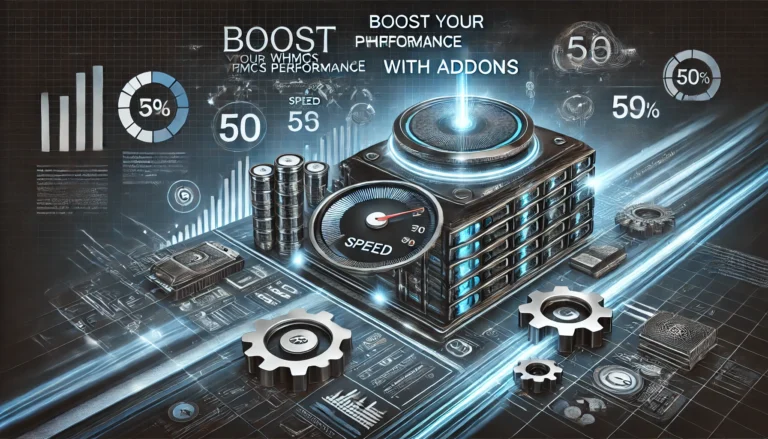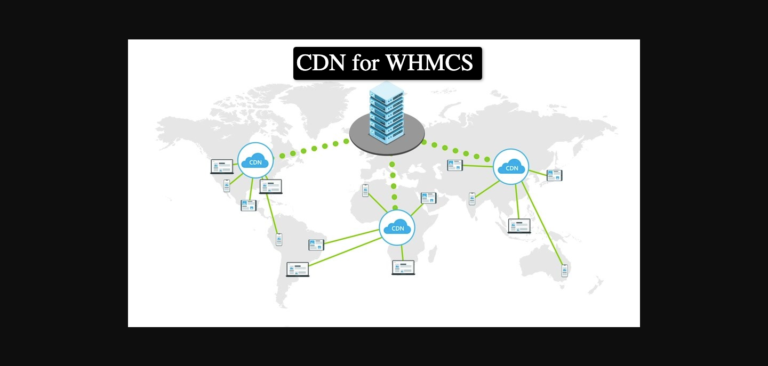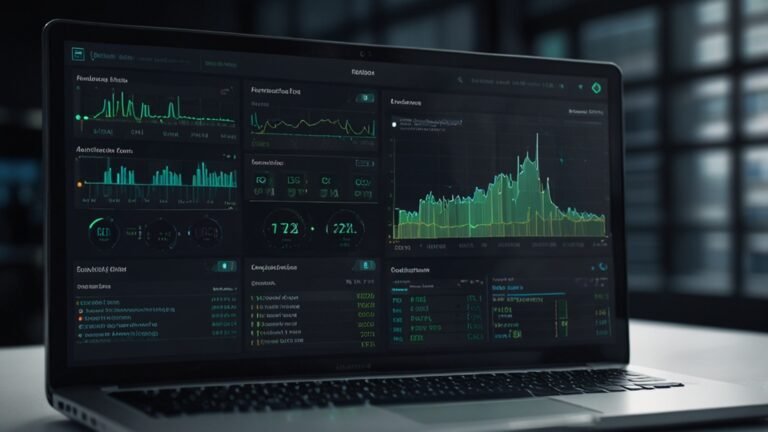Is your WHMCS installation crawling along like a snail? You're not alone. Every day, hosting providers watch their support tickets pile up as clients complain about slow loading times and timeout errors.
But here's the thing – your billing system doesn't have to be your business's bottleneck.
Through years of implementing billing software solutions, I've discovered that most WHMCS performance issues can be fixed with the right optimization strategy.
The best part? You don't need to be a technical wizard to see dramatic improvements.
By applying the techniques I'll share today, one of my clients saw their WHMCS load times drop by 60% while handling twice the customer load.
Ready to transform your WHMCS database performance from sluggish to lightning-fast? Let's dive into the exact steps you need to take.
Looking to resolve WHMCS performance issues? I've spent years helping hosting companies optimize their WHMCS setups, and I'll share my best strategies here.
Understanding WHMCS Performance Bottlenecks
Most WHMCS slowdowns come from three main areas:
– Database bloat
– Server resource constraints
– Poorly optimized code
I've seen countless setups where these issues compound each other, creating a frustrating experience for both admins and customers.
Database Optimization: Your First Line of Defense
Your WHMCS database is likely the biggest performance killer. Here's what I do to fix it:
1. Regular cleanup of old records:
– Remove expired quotes
– Clear old ticket attachments
– Delete unnecessary log entries
2. Optimize database tables:
– Run OPTIMIZE TABLE commands monthly
– Remove duplicate entries
– Index key columns properly
For deeper insights, check out my guide on WHMCS database optimization.
Server-Side Optimization Techniques
Your server setup matters just as much as your WHMCS configuration. I recommend:
1. PHP optimization:
– Increase memory_limit to 256M
– Set max_execution_time to 300
– Enable opcache
2. Web server tweaks:
– Enable gzip compression
– Implement browser caching
– Use CDN integration for static assets
Caching Implementation
Smart caching can dramatically improve WHMCS performance:
1. Template caching:
– Enable Smarty template caching
– Set appropriate cache lifetime
– Clear cache after updates
2. Database caching:
– Implement Redis or Memcached
– Cache frequently accessed data
– Monitor cache hit rates
These optimizations work best when combined with proper billing software management practices.
Monitoring and Maintenance
Keeping WHMCS running smoothly requires ongoing attention:
1. Regular monitoring:
– Track server resource usage
– Monitor database performance
– Check error logs daily
2. Proactive maintenance:
– Schedule regular updates
– Test performance regularly
– Document optimization changes
Remember, resolving WHMCS performance issues isn't a one-time task – it's an ongoing process that requires regular attention and tweaking.
Advanced WHMCS Performance Issues Resolution: Custom Module Optimization
Custom modules can make or break your WHMCS performance. I've seen systems crawl to a halt because of poorly coded add-ons.
Here's my process for cleaning up module-related performance issues:
1. Audit module API calls:
– Check API call frequency
– Identify redundant requests
– Batch similar requests together
2. Review module hooks:
– Remove unused hooks
– Optimize hook execution order
– Consolidate duplicate hooks
WHMCS Performance Issues in High-Traffic Environments
Running WHMCS at scale brings unique challenges. After managing systems with 50,000+ clients, here's what works:
1. Load balancing strategies:
– Split database and web servers
– Use multiple PHP-FPM pools
– Set up master-slave replication
2. Queue management:
– Implement job queuing for emails
– Batch process automated tasks
– Stagger cron job execution
Resolving WHMCS Performance Issues Through Security Optimization
Security measures shouldn't slow down your system. Learn more about balancing security and speed in my guide on web hosting billing software.
Key security optimizations:
1. Firewall configuration:
– Optimize ModSecurity rules
– Configure rate limiting
– Enable smart caching exceptions
2. SSL implementation:
– Use OCSP stapling
– Enable HTTP/2
– Implement proper SSL session caching
Automated WHMCS Performance Issues Detection
I've built several automated systems to catch problems early. Here's my approach:
1. Performance monitoring:
– Set up New Relic integration
– Configure custom alerts
– Track key performance metrics
2. Automated responses:
– Clear template cache automatically
– Restart services when needed
– Log unusual patterns
Client Area Performance Resolution
The client area often needs special attention. Check out my insights on optimizing loading speeds.
Focus areas:
1. Template optimization:
– Minify CSS and JavaScript
– Optimize image delivery
– Remove unused code
2. Ajax request management:
– Reduce unnecessary calls
– Implement request throttling
– Cache common responses
3. Mobile optimization:
– Use responsive design patterns
– Optimize for touch interfaces
– Reduce payload size for mobile
Implementing these strategies consistently helps maintain peak WHMCS performance even under heavy load.
Let's continue exploring how to resolve WHMCS performance issues with some advanced techniques I've learned from managing large-scale hosting operations.
Fine-tuning MySQL for WHMCS Performance
I've seen massive improvements by tweaking these MySQL settings:
– Set innodb_buffer_pool_size to 70% of available RAM
– Adjust max_connections based on peak load
– Configure query_cache_size for optimal caching
– Enable slow query logging to catch problem queries
Integration Optimizations
Your WHMCS performance often takes a hit from external integrations. Here's what works:
1. API connection management:
– Set up connection pooling
– Cache API responses locally
– Implement failover mechanisms
2. Payment gateway optimization:
– Remove unused gateway modules
– Set proper timeout values
– Log transaction responses efficiently
Email System Performance
Email handling can bottleneck your entire system. I've fixed this by:
1. Setting up a dedicated mail queue:
– Use external SMTP servers
– Batch process mail sends
– Monitor bounce handling
2. Implementing email templates:
– Precompile common templates
– Store attachments efficiently
– Use lightweight HTML
Admin Area Speed Improvements
The admin area needs special attention for WHMCS performance optimization:
1. Dashboard optimization:
– Limit widget refresh rates
– Cache dashboard statistics
– Remove unused widgets
2. Report generation:
– Schedule heavy reports off-peak
– Cache report data
– Use incremental updates
Scaling Your WHMCS Setup
As your business grows, these scaling strategies help maintain performance:
1. Database partitioning:
– Split large tables
– Archive old data
– Use table partitioning
2. Resource allocation:
– Implement CPU affinity
– Use memory limits effectively
– Set I/O priorities
Frequently Asked Questions
How often should I optimize my WHMCS database?
Run basic optimizations weekly, with deep cleaning monthly.
What's the biggest performance killer in WHMCS?
Usually it's unoptimized database queries and bloated tables.
Can I run WHMCS on shared hosting?
Yes, but I recommend at least a managed dedicated server for better performance.






